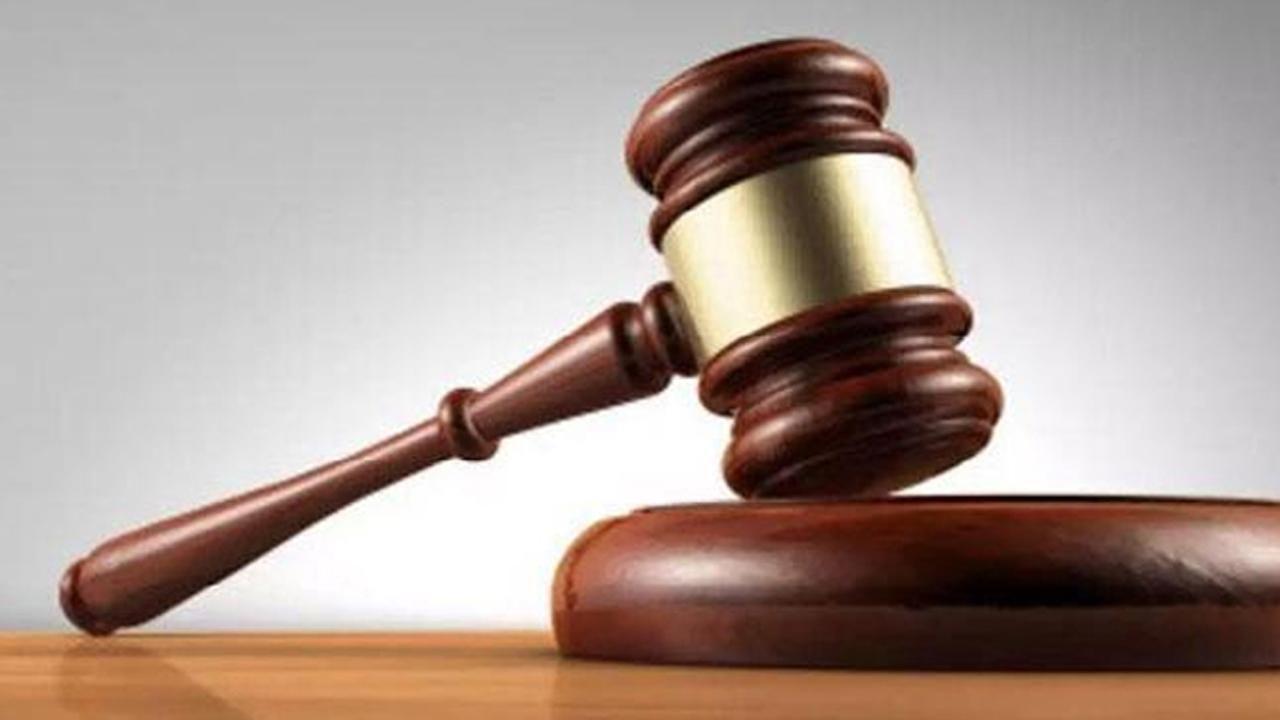He was held for culpable homicide not amounting to murder and other offences under Indian Penal Code provisions

Representation pic
A Mumbai court, which denied bail to the accused driver in connection with an accident on the Bandra Worli Sea Link that killed five persons, has said he was driving his sports utility vehicle at 109 kilometres per hour at the time of incident against the stipulated speed of 80 kmph.
ADVERTISEMENT
Moreover, he has received nine e-challans for speeding earlier, which, prima facie, show he had sufficient knowledge that his dangerous act may cause death, the court said. Additional Sessions Judge VS Gaike denied bail to SUV driver Irfan Abdul Rahim Bilakiya on December 17, details of the order were made available on Thursday.
Bilakiya, who has a construction business, was returning home from Jogeshwari on October 5 when he allegedly rammed his SUV into three stationary cars and an ambulance on the bridge. Five peopel were killed and eight injured in the accident. He was held for culpable homicide not amounting to murder and other offences under Indian Penal Code provisions.
Also Read: Bandra-Worli sea link accident: Driver was distracted as he was plugging charger, say police
The accused, through his lawyers from C K Legal, had claimed to be a victim alleging the accident was due to the mismanagement and negligence of the Bandra-Worli Sea Link and government authorities. His legal team told court he was a victim of failure of the entire system and has been “framed” in the case.
Bilakiya had sought bail claiming the accident was a result of system failure and an outcome of contributory negligence on part of the government authorities who failed to take appropriate safety measures after a mishap that took place at the site some time earlier.
This story has been sourced from a third party syndicated feed, agencies. Mid-day accepts no responsibility or liability for its dependability, trustworthiness, reliability and data of the text. Mid-day management/mid-day.com reserves the sole right to alter, delete or remove (without notice) the content in its absolute discretion for any reason whatsoever
 Subscribe today by clicking the link and stay updated with the latest news!" Click here!
Subscribe today by clicking the link and stay updated with the latest news!" Click here!







